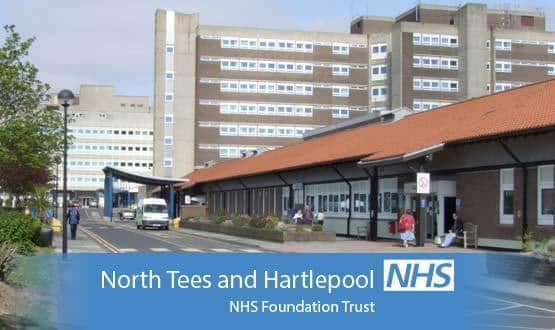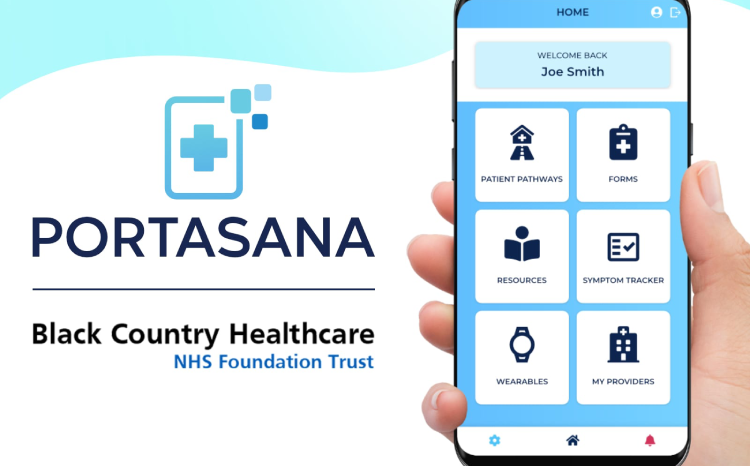North Tees delays phase 2 of TrakCare EPR
- 23 March 2016

North Tees and Hartlepool NHS Foundation Trust has delayed phase two of its TrakCare electronic patient record programme as it deals with data recording and reporting issues and staff get used to the new computer system.
North Tees was the first English trust to deploy the InterSystems EPR on 19 October 2015.
The trust’s board papers describe the go-live was a “success”, but say it caused issues with patient flow and the production of validated performance reports for some national indicators, including Referral to Treatment targets and A&E wait times.
Director of finance, information and technology Lynne Hodgson has told Digital Health News that phase two of the deployment has been delayed, with no new date yet set.
“As with all new systems there have been teething problems that required rectification by the supplier, Intersystems,” she said.
“A patch has recently been applied to the system which has resolved a number of issues and the staff across the trust are adapting to the change in procedures required when utilising the new technology.
“This has delayed the start of stage two of the programme of work but both parties are committed to developing and rolling out the next elements of the programme – order communications, electronic prescribing, theatres and clinical noting.”
The trust originally intended to implement the first phase of TrakCare in April 2015, but delayed until Ocotber.
A savings report in North Tees’ January board papers say the first phase of the programme was expected to release £250,000, but the delay has meant savings have been revised down to £25,000 due to the cost of continuing to use the old patient administration system.
Phase 2, which includes e-prescribing, is estimated to save £685,000.
Trust board papers explain that initial data recording and reporting issues impacted on patient flow during October and November 2015 as staff got used the new system. This meant the hospital struggled to achieve emergency care standards.
There was also an increase in ‘did not attends’ as the automated appointment reminder service had to be taken offline when TrakCare went live.
The trust’s January papers say 1,800 new smartcards were issued to staff throughout the implementation process and more than 2000 staff have been trained on the system to date.
TrakCare will also be rolled out to community midwives who will move their antenatal manual booking process to be recorded within the patient’s electronic record. This was expected to be completed by the end of this month.
Financial papers show the capital spend on the trust’s EPR programme is £3.2m in 2015/16, £1.78m in 2016/17 and £1.36m the following year. The total cost over five years is £8m, which includes mobile functionality for devices as well as implementation costs for TPP’s SystmOne.
The next trusts due to go-live with TrakCare in England are Gloucestershire Hospitals NHS Foundation Trust and Yeovil District Hospital NHS Foundation Trust, which are both due to deploy at the end of May.




